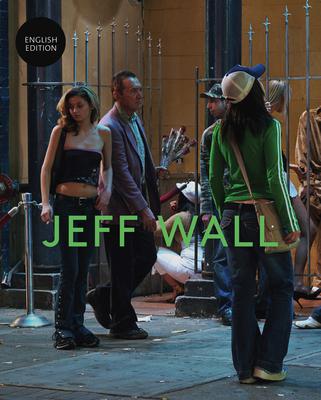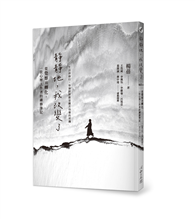Cinematic scenes with painterly compositions that place contemporary photography within the broader canon of art history
Since the late 1970s, Canadian photographer Jeff Wall has made significant contributions to establishing photography as an autonomous medium. He is considered the founder of "staged" photography and generates mostly large-format photographs--often inspired by literature, film and art history--composed in a multilayered and subtle way from a multitude of individual shots. Wall makes a distinction between his documentary still life photos and his "cinematographic" pictures, the latter of which take months or even years to complete. His contemporary genre scenes invoke famous works by Hokusai, Manet, Kafka, Ellison and others.
Among the more than 50 works collected in the catalog of the large-scale solo exhibition at the Fondation Beyeler are Wall’s iconic large-format slides in light boxes, black-and-white photographs and color photographic prints. His most recent images, representing the entire spectrum of his oeuvre, enter into a dialogue with works from the time of Wall’s beginnings as an artist and reveal a wide range of references in terms of content and form. These new works will be on display and published in book form for the first time.
Jeff Wall (born 1946) received degrees in art history from the University of British Columbia and the Courtauld Institute of Art. After teaching for a few years he turned to photography in earnest in 1977; he continues to experiment with both digital and analog techniques. Wall’s work was included in Documenta 10 and 11 and has been exhibited at Tate Modern, the Museum of Modern Art, New York and the Museo Tamayo.











